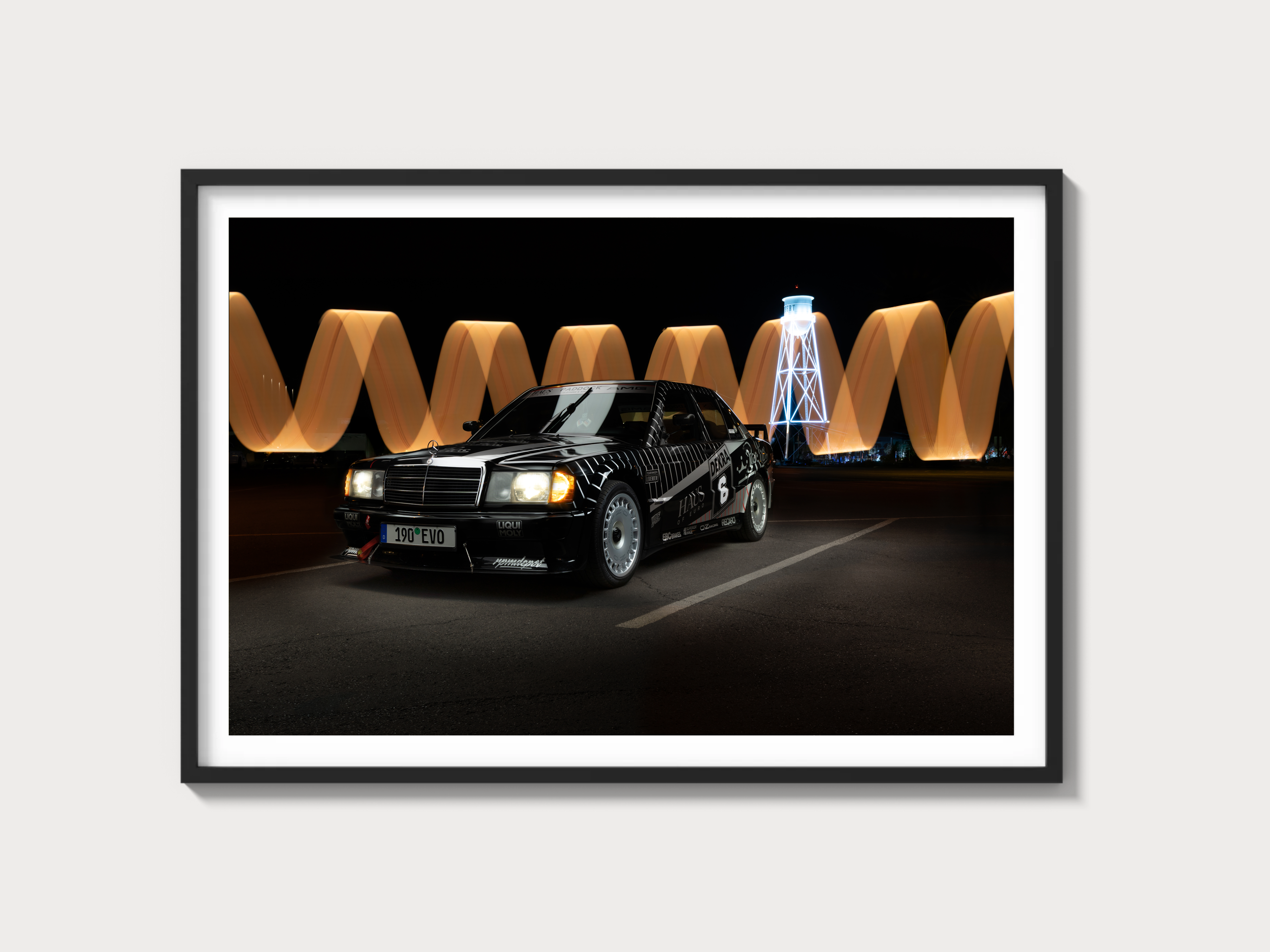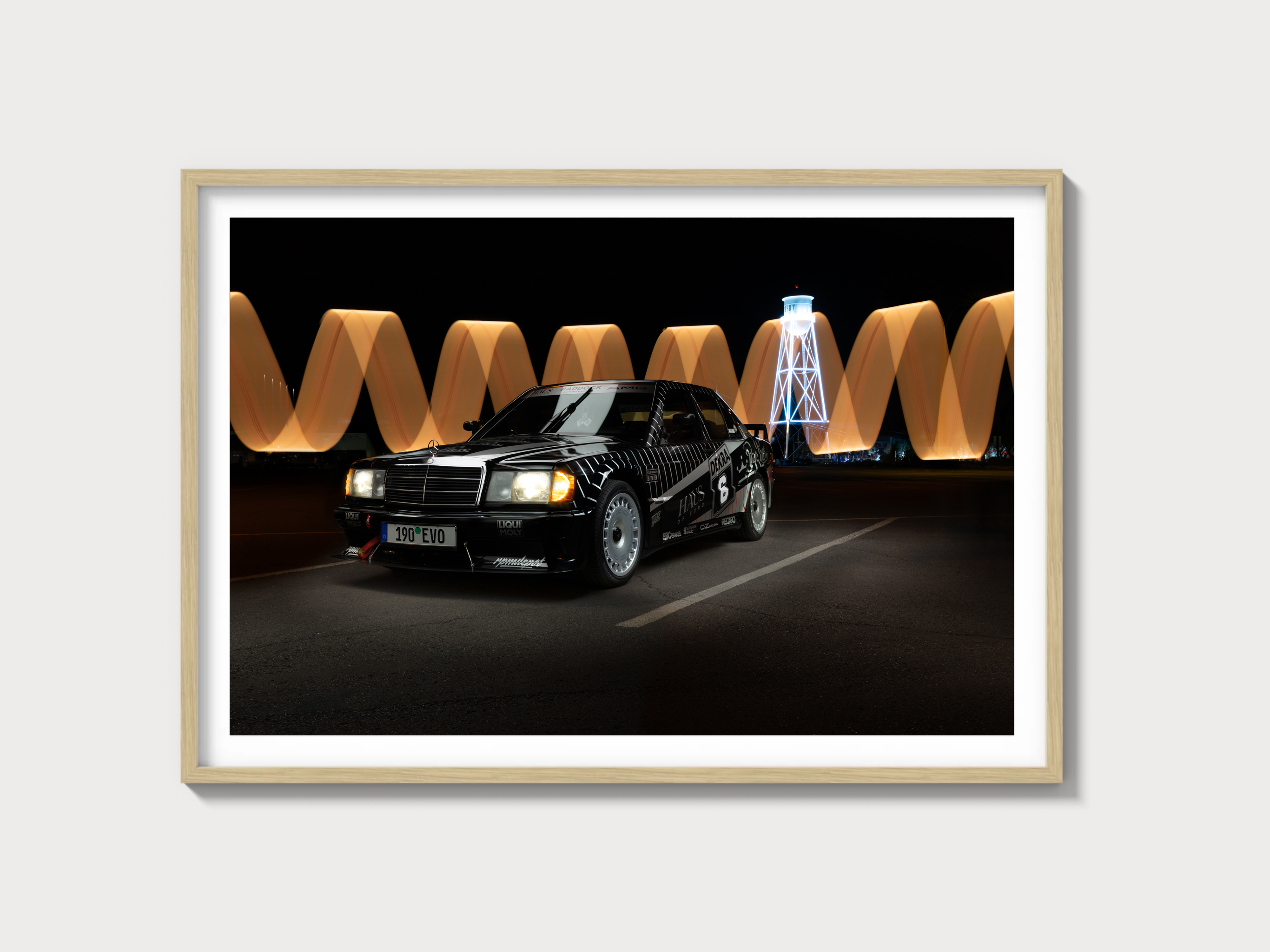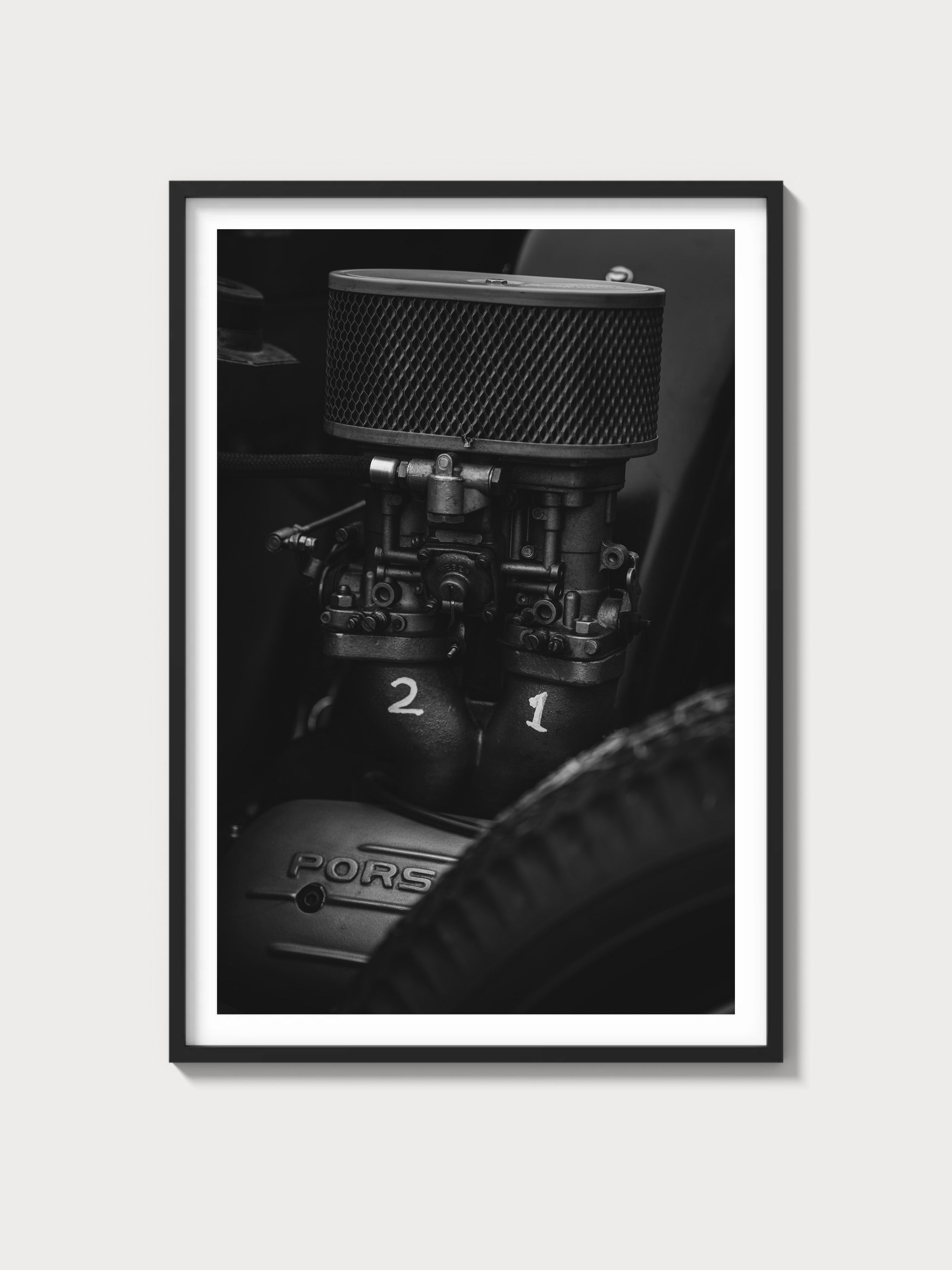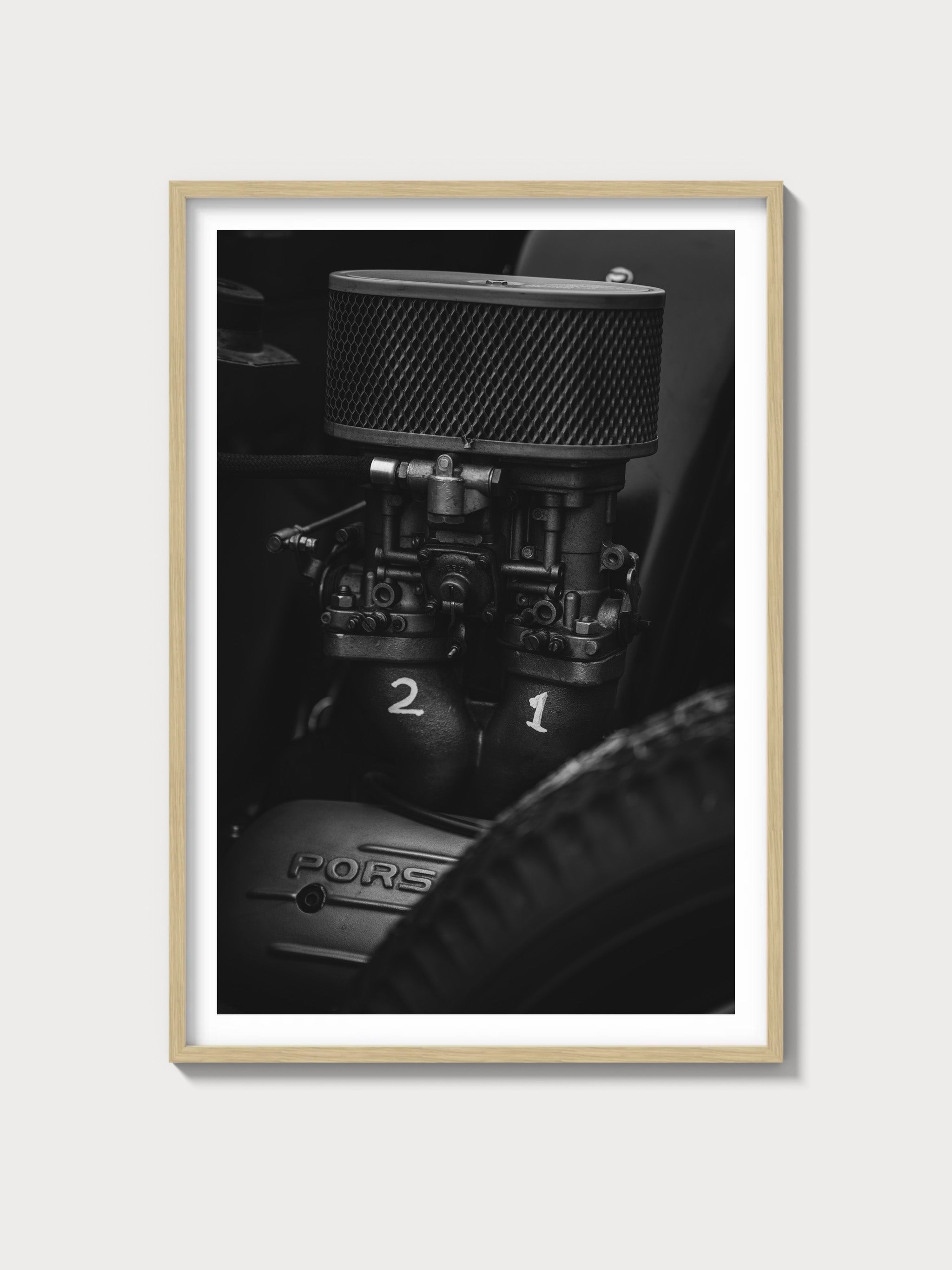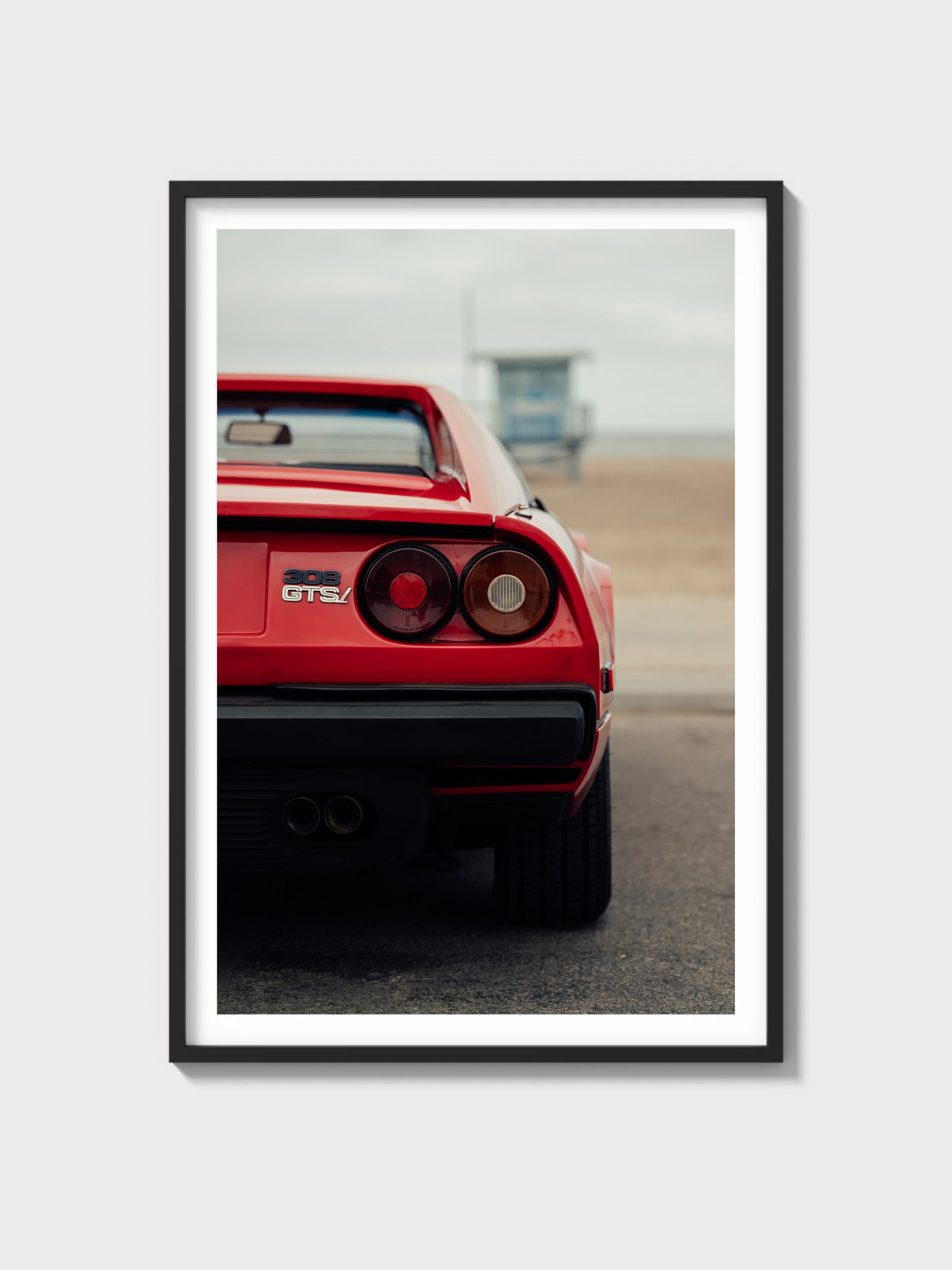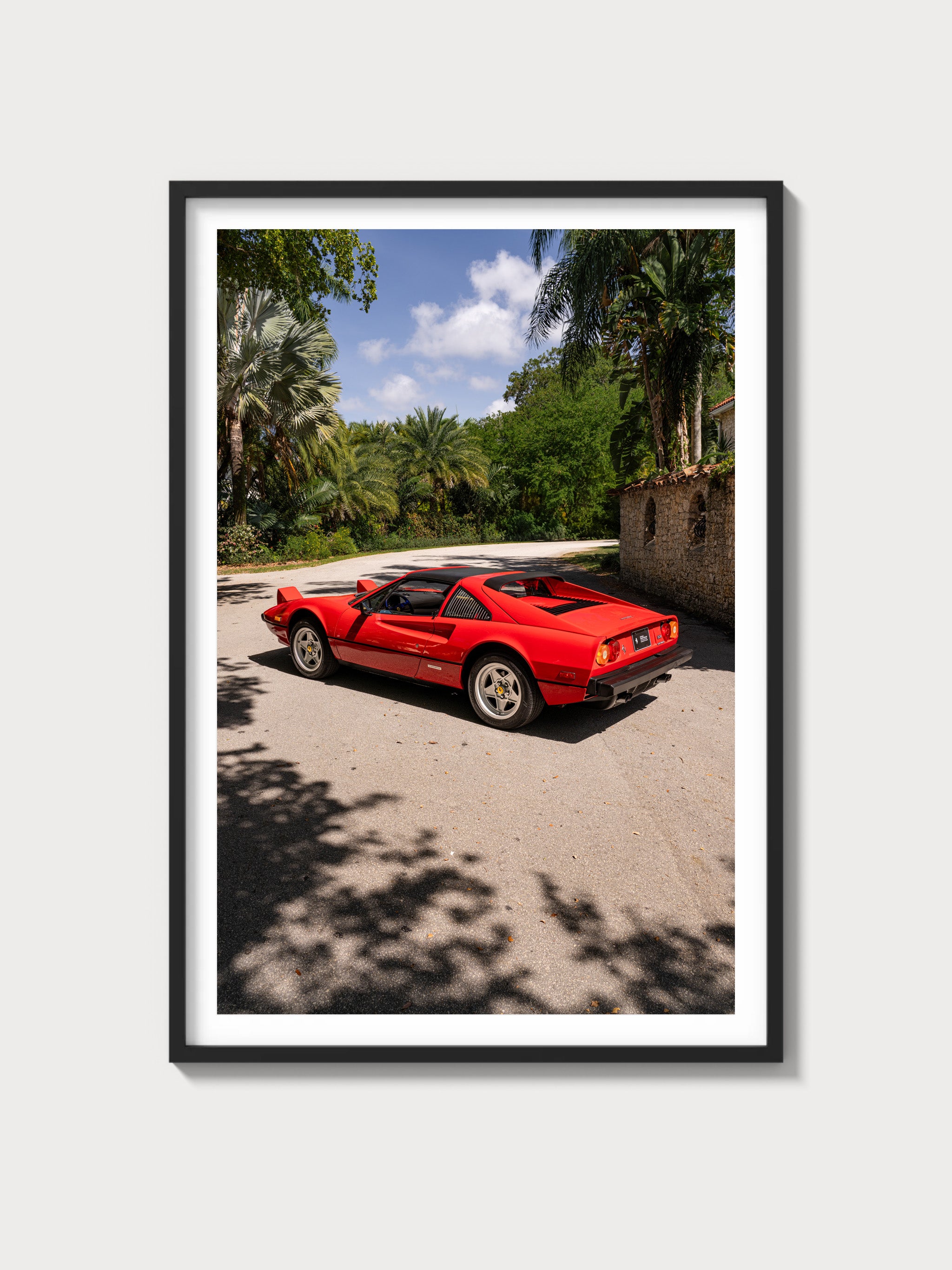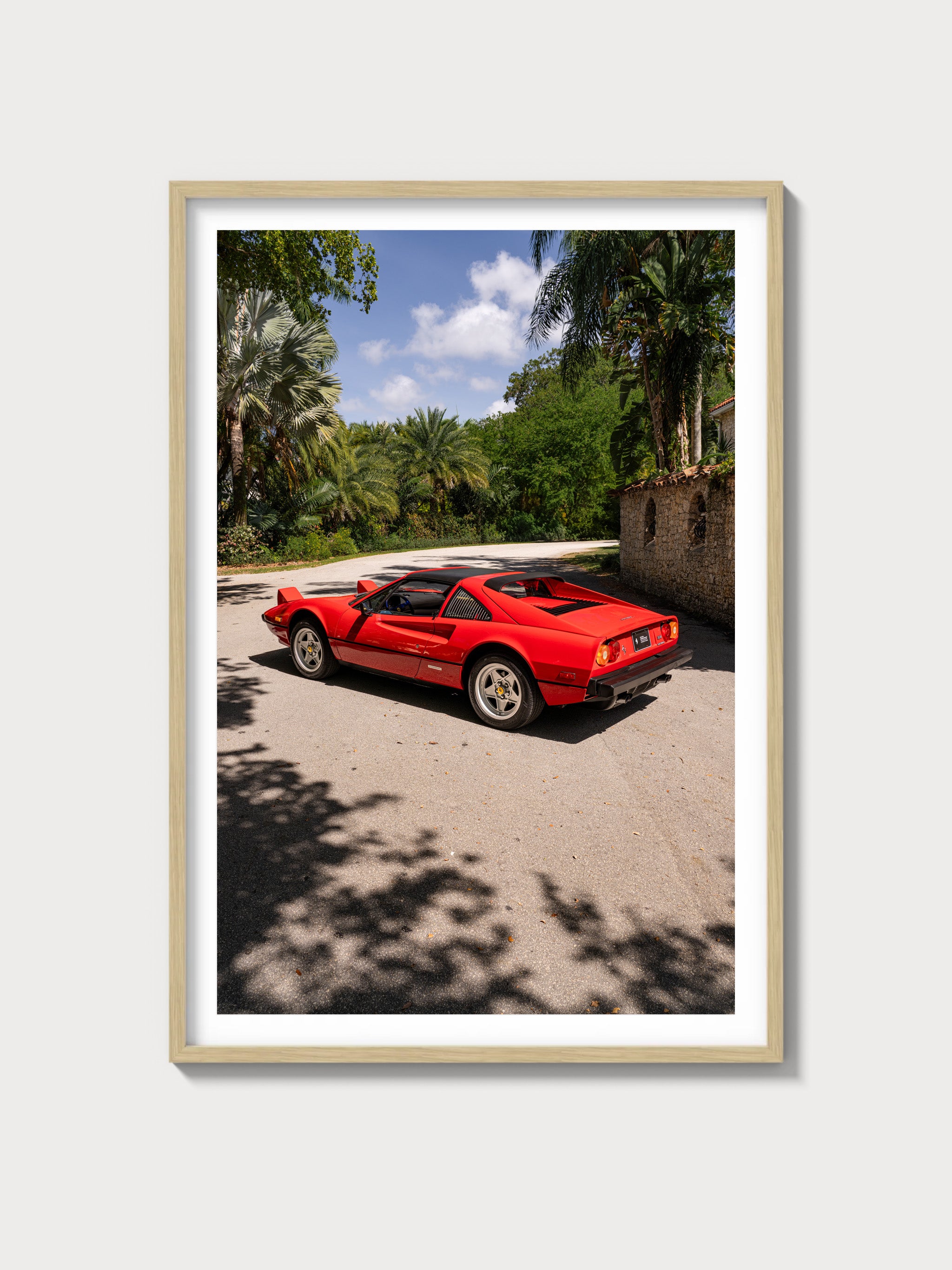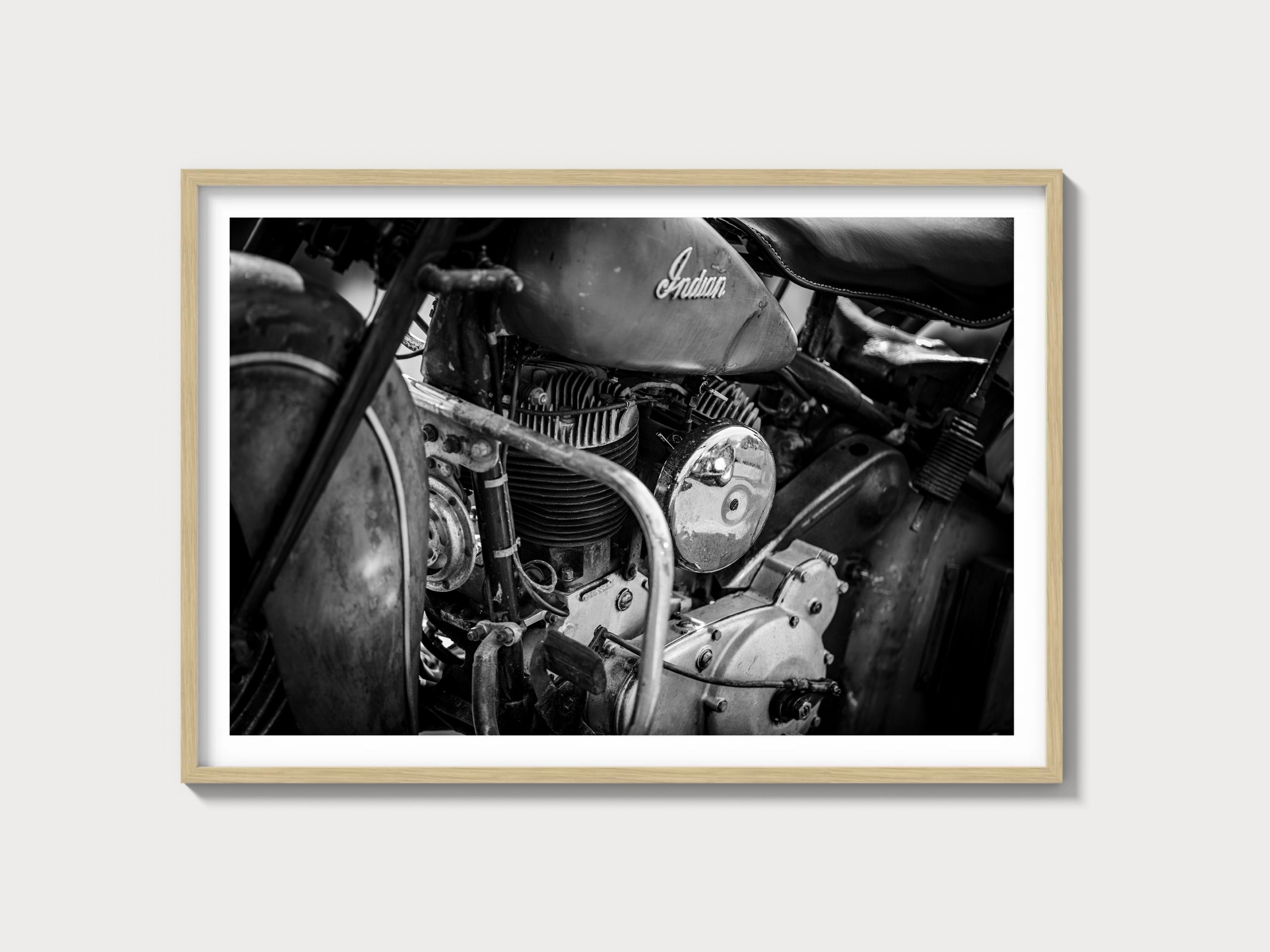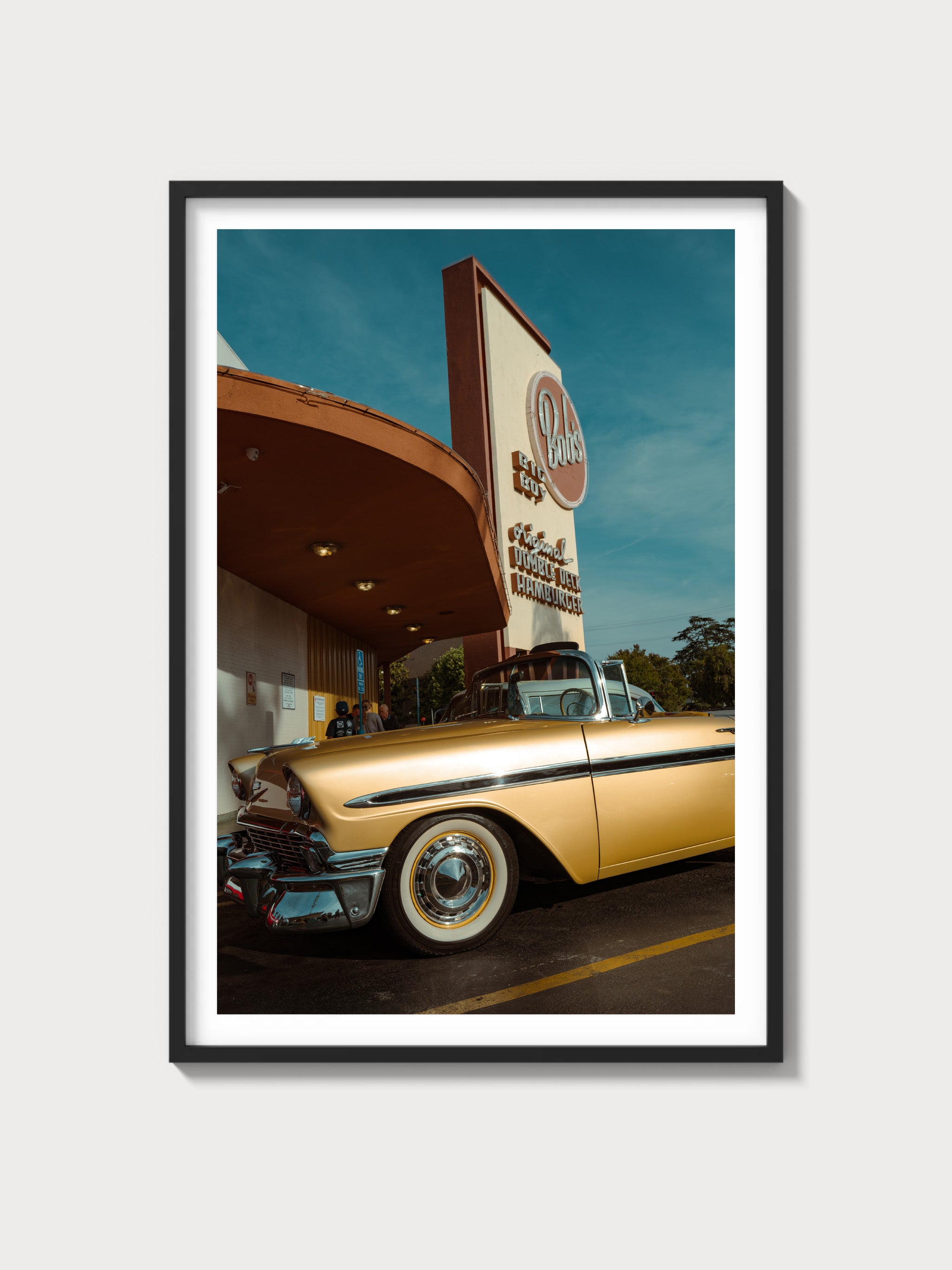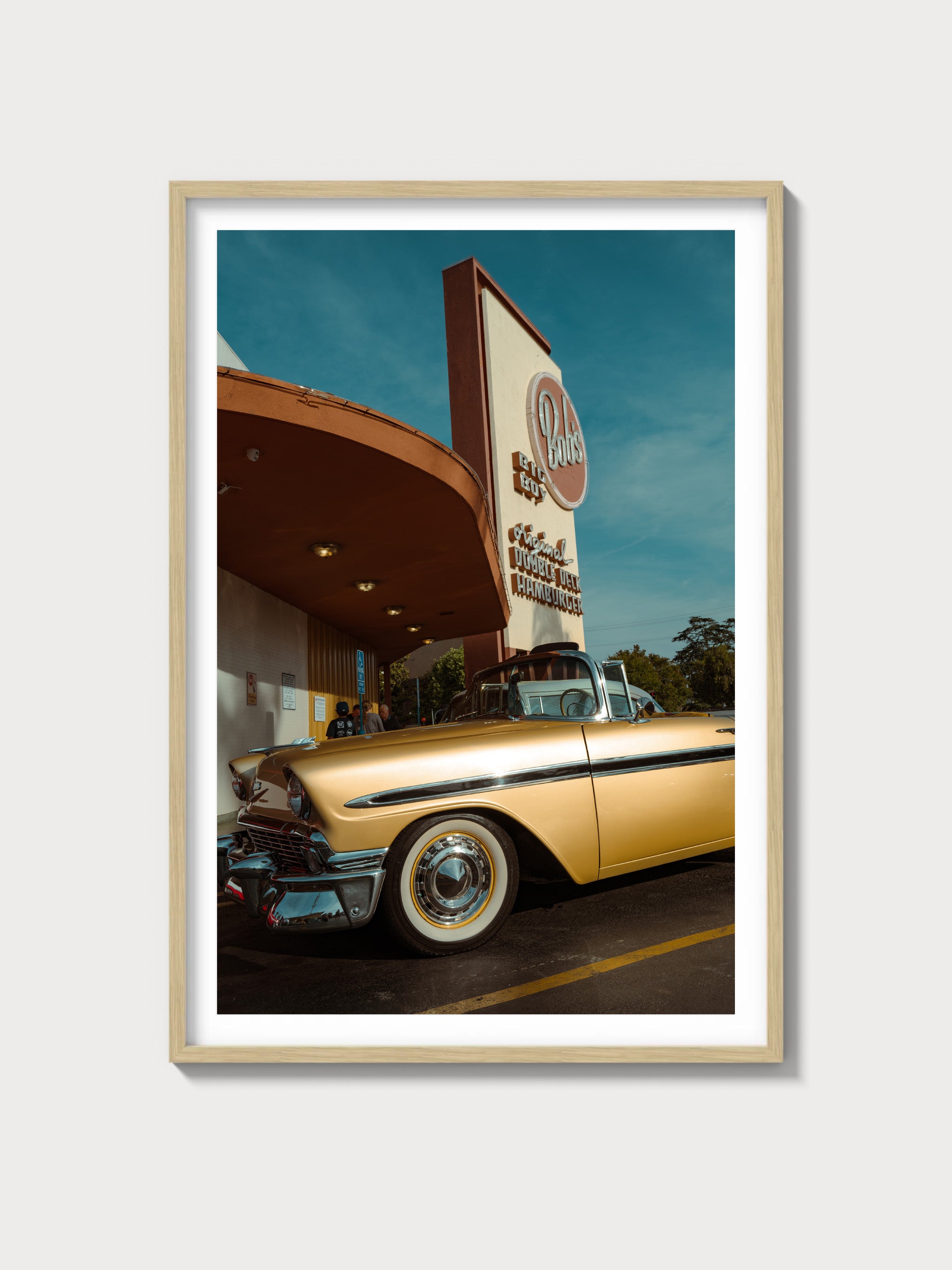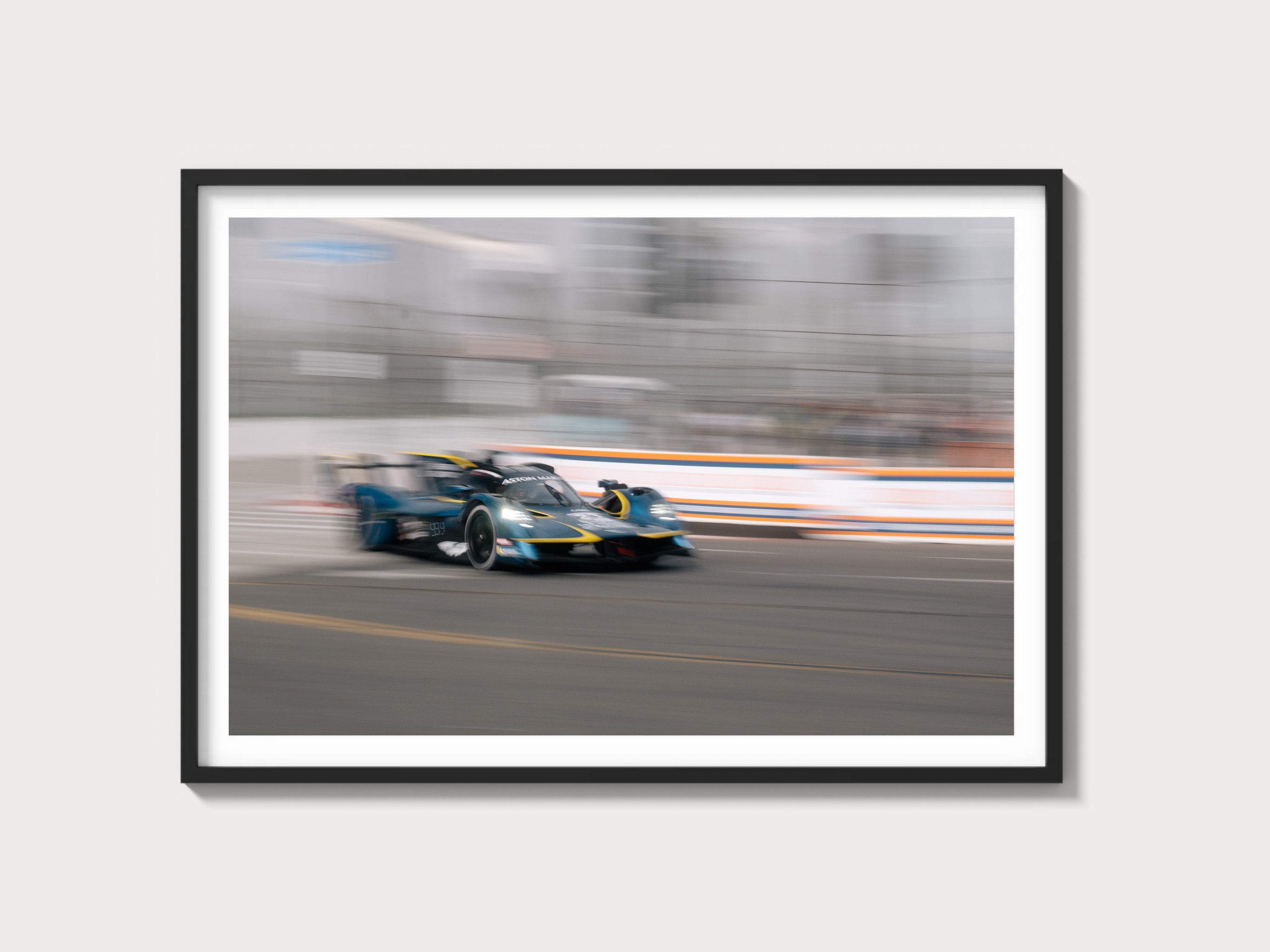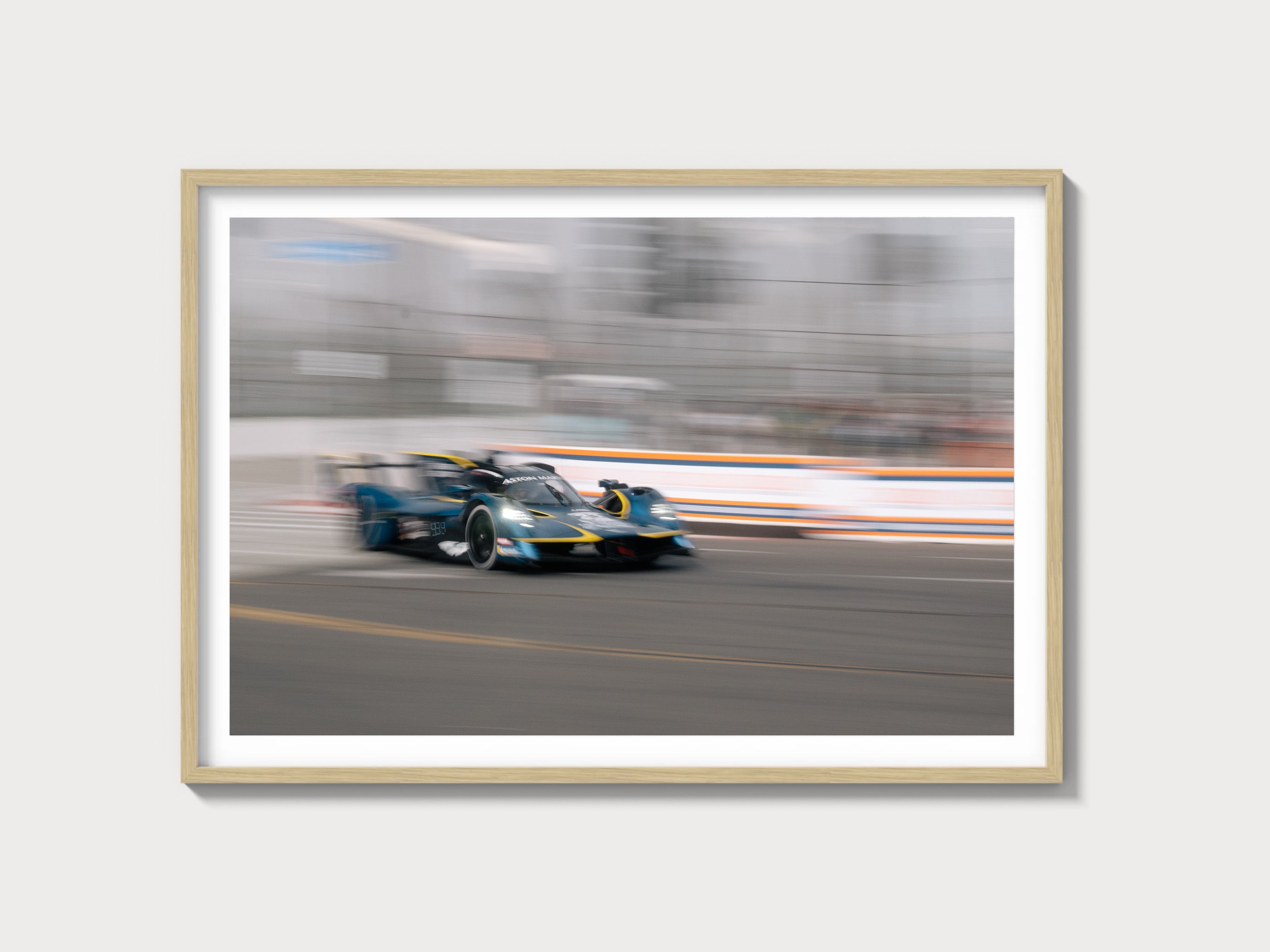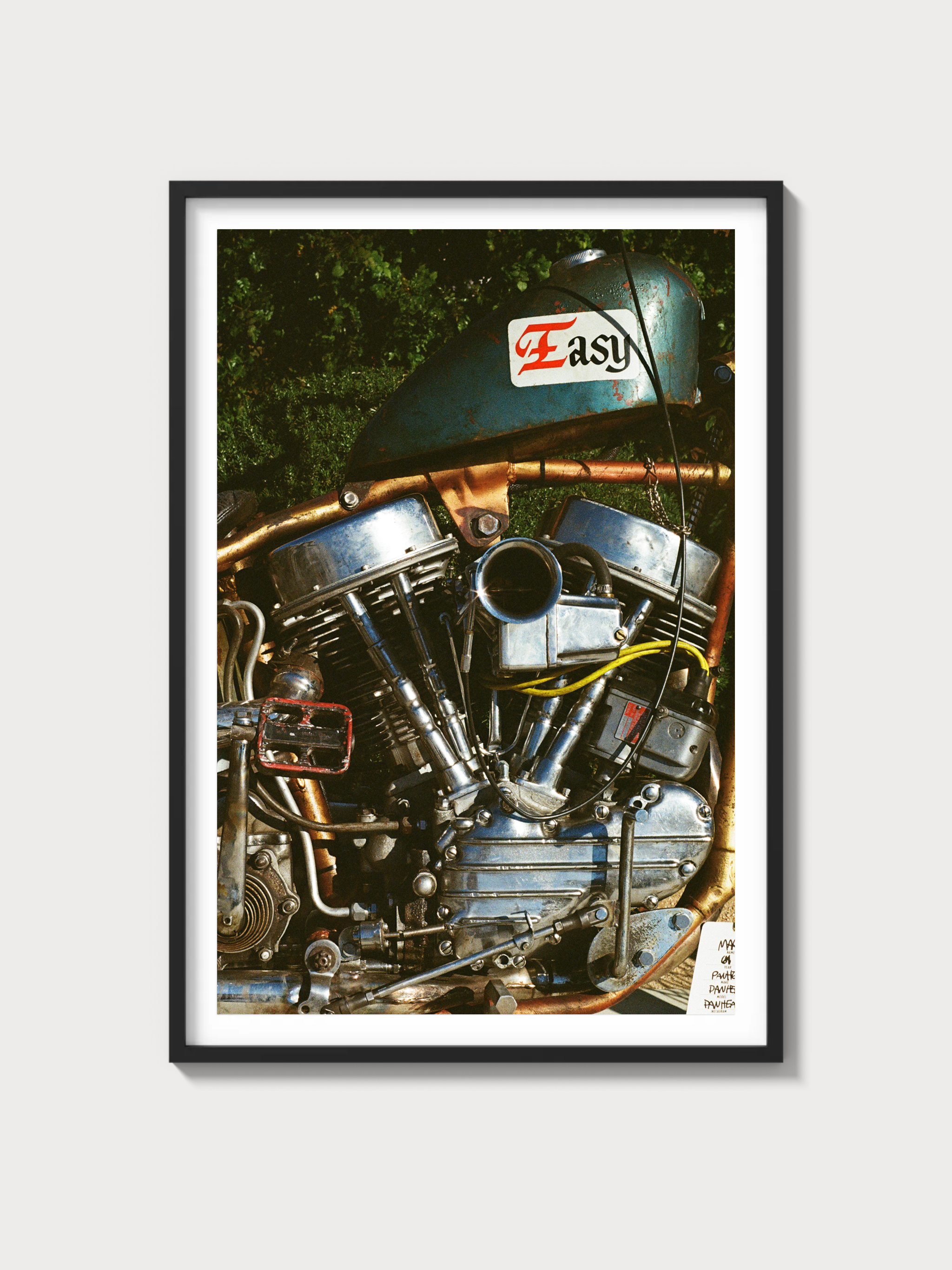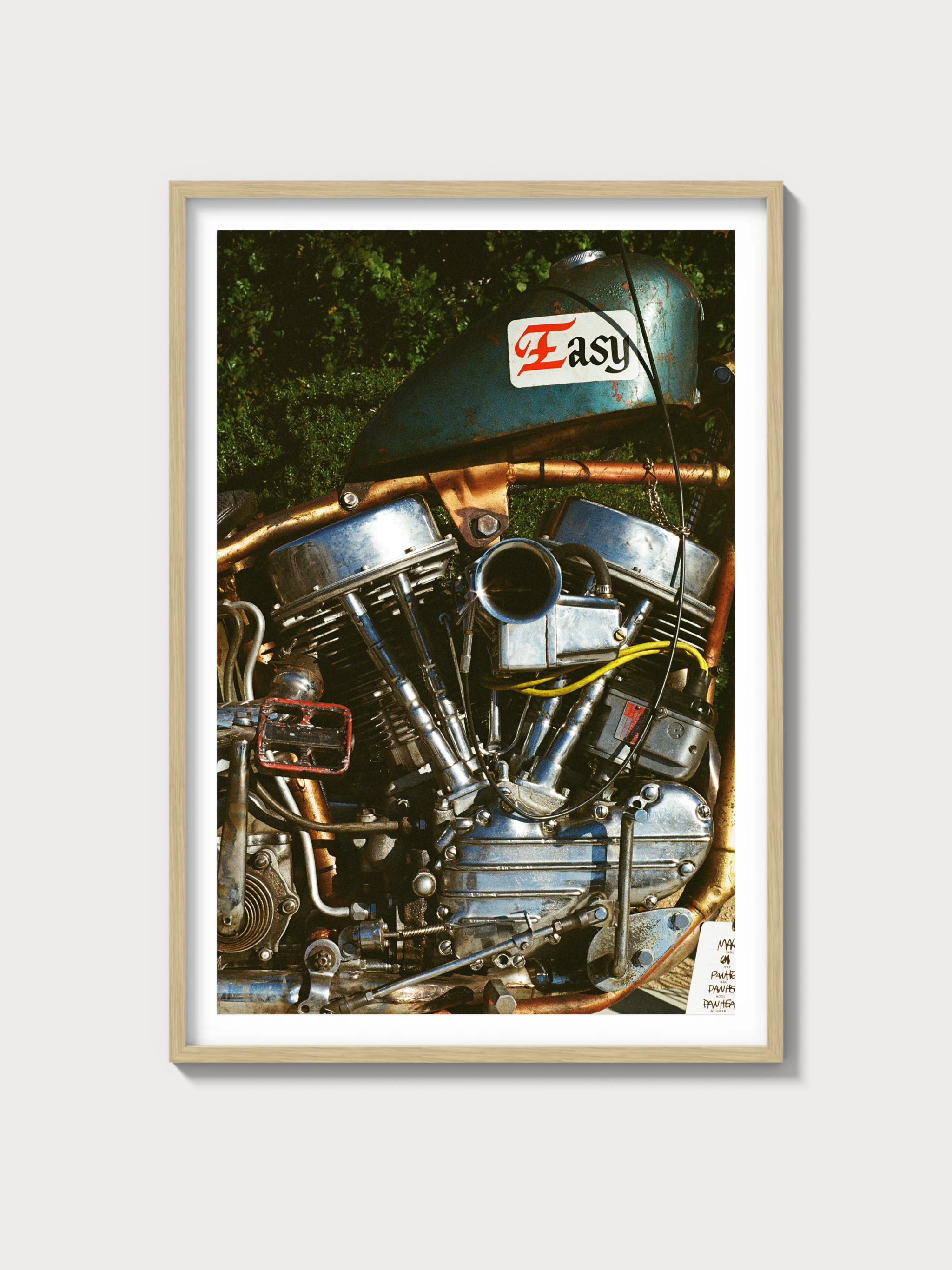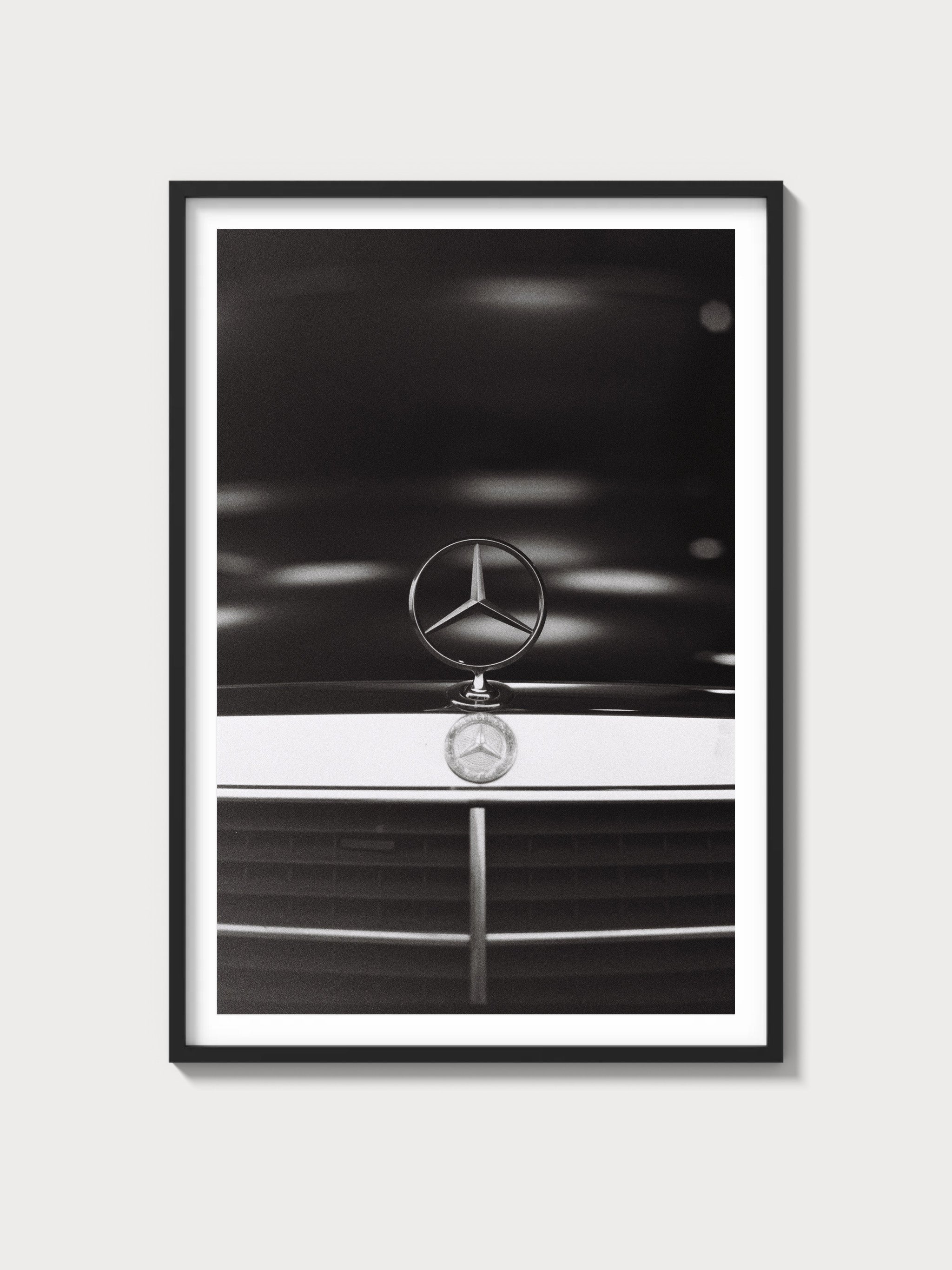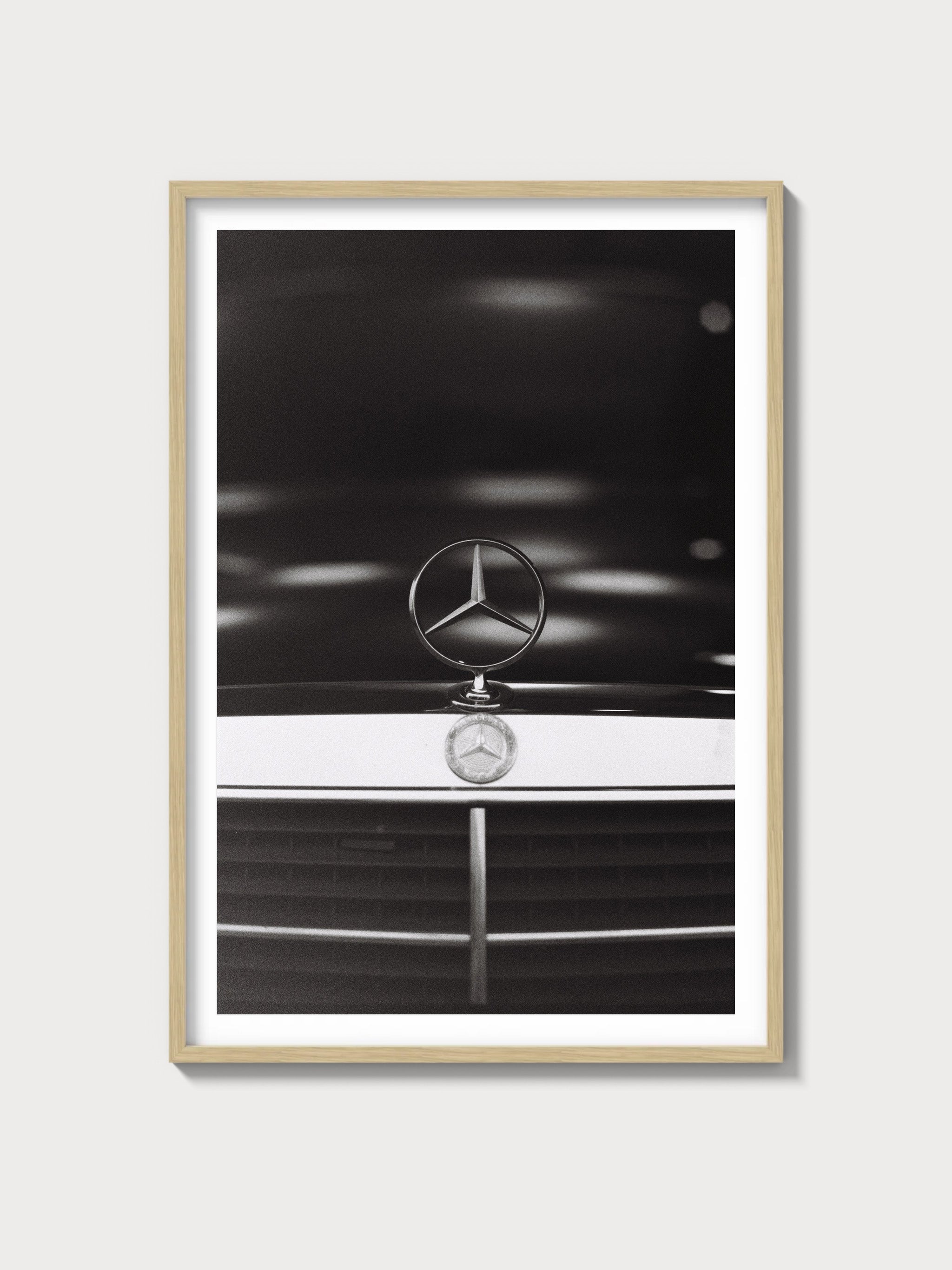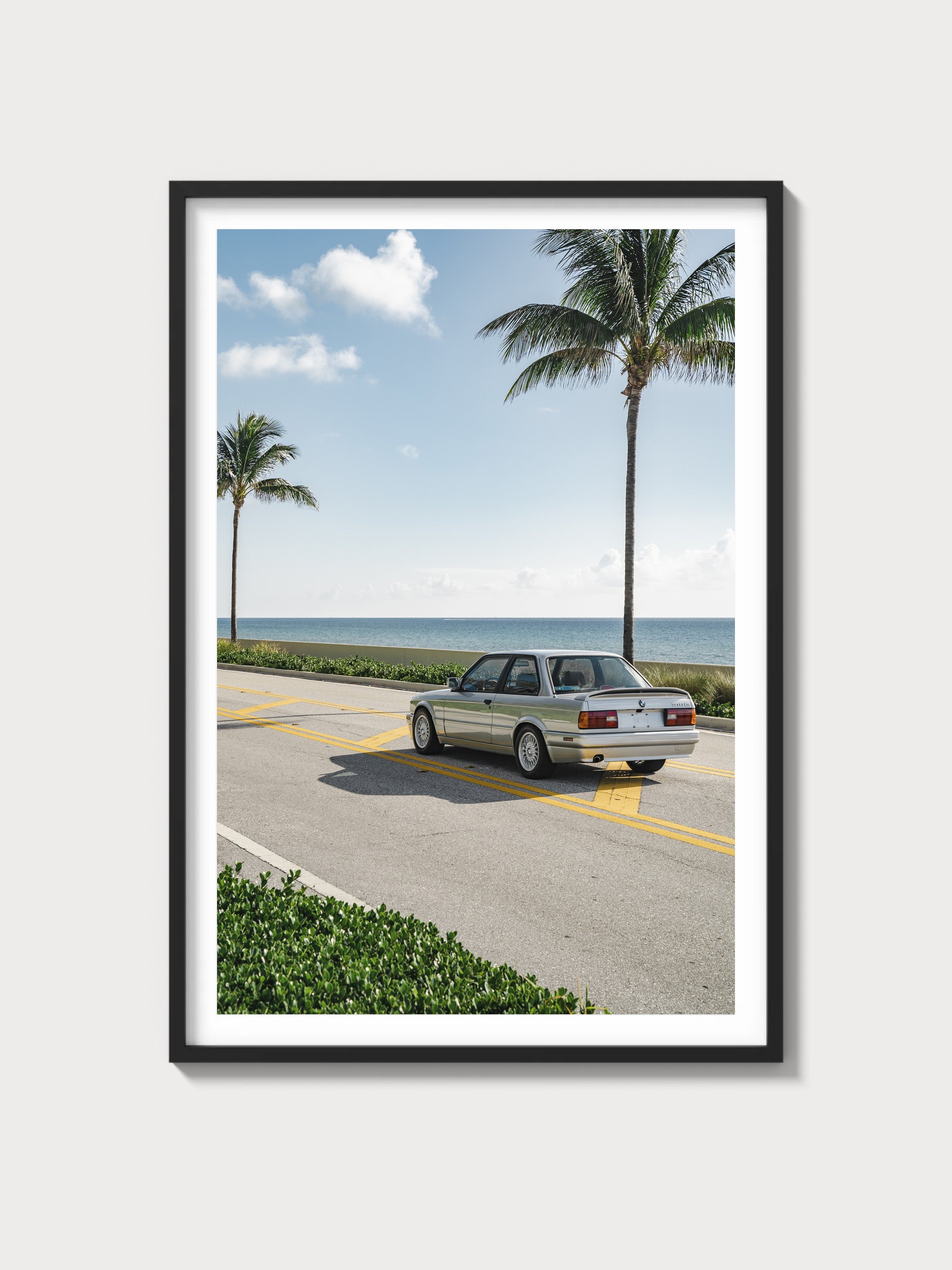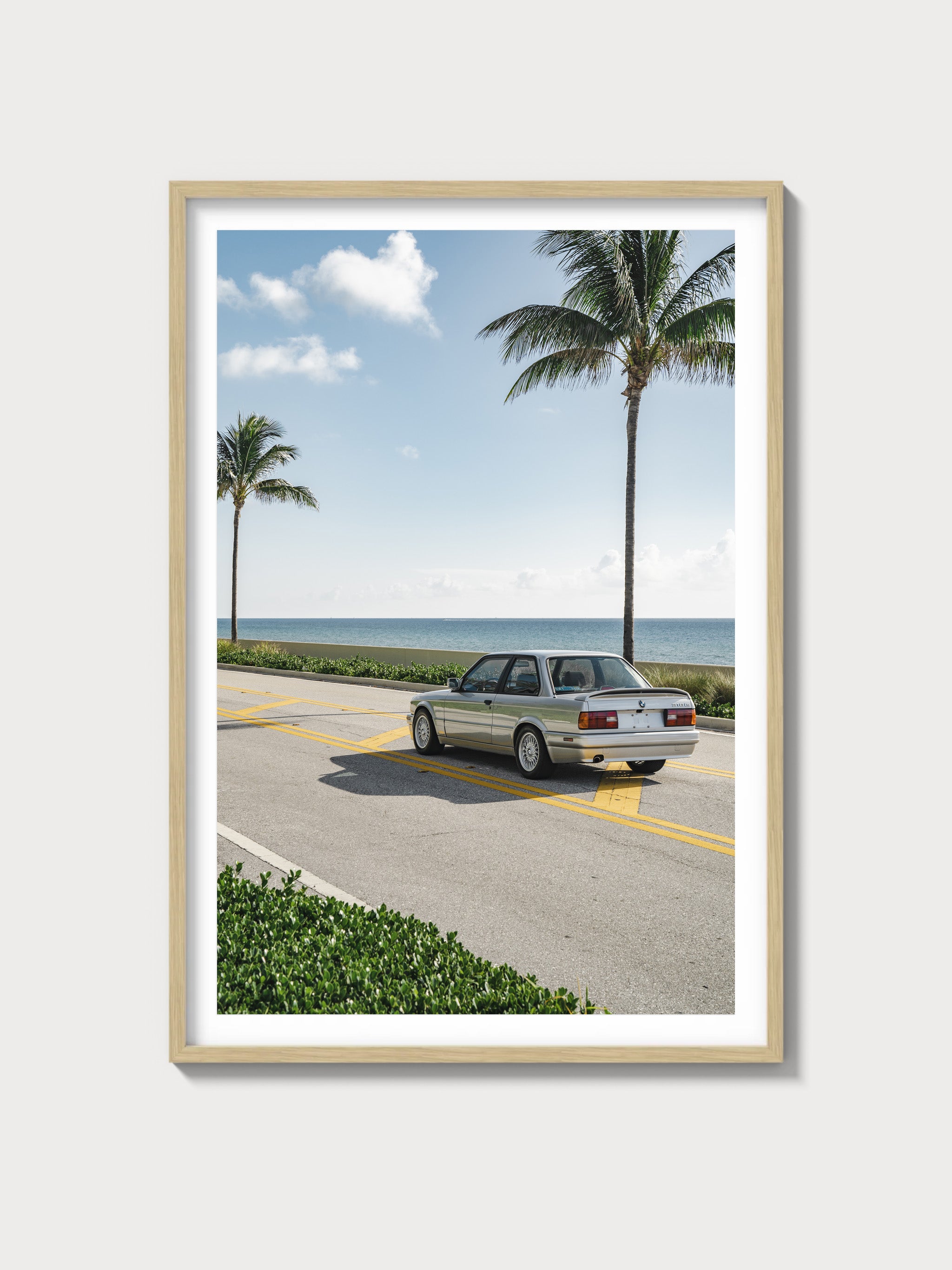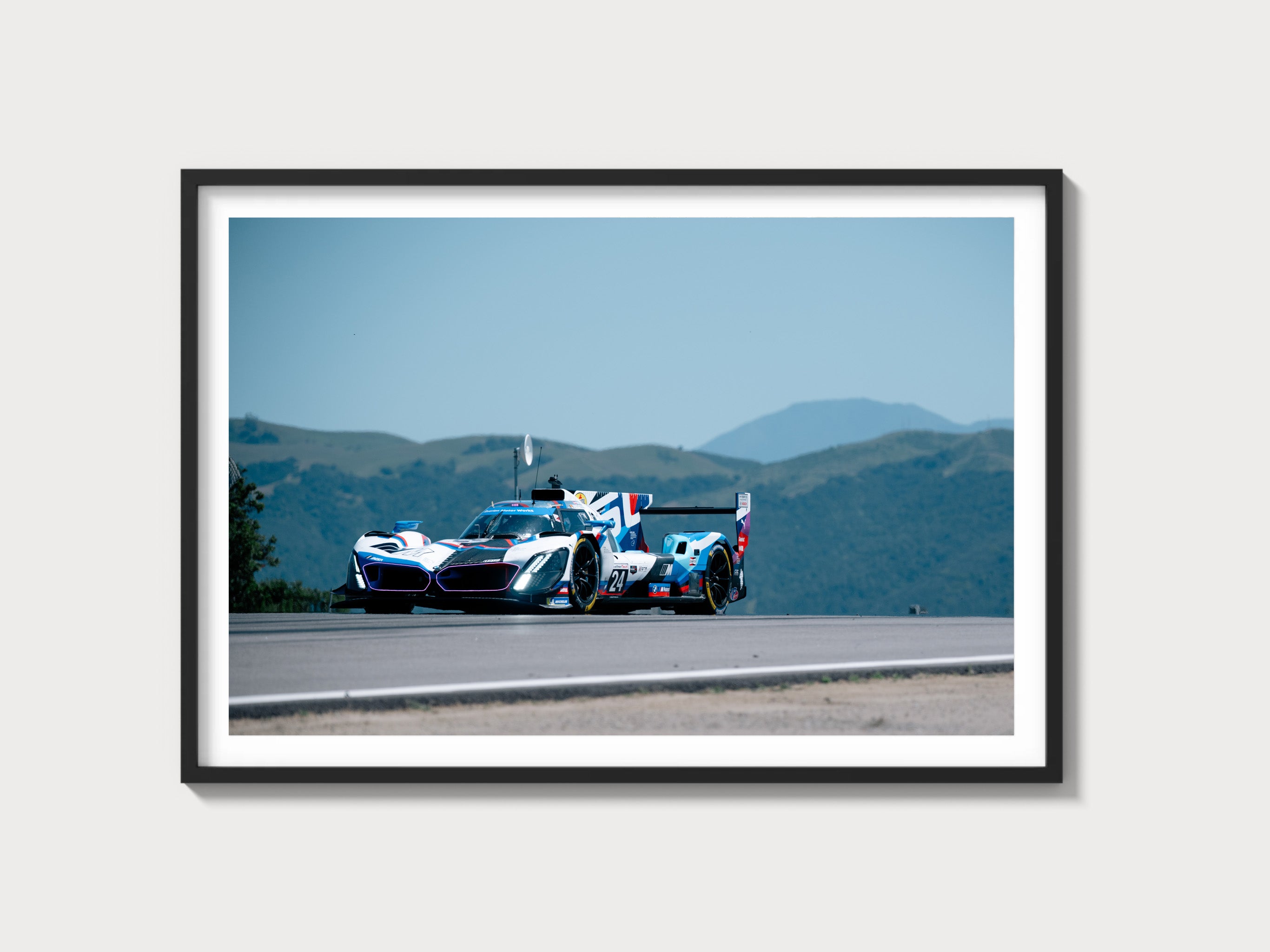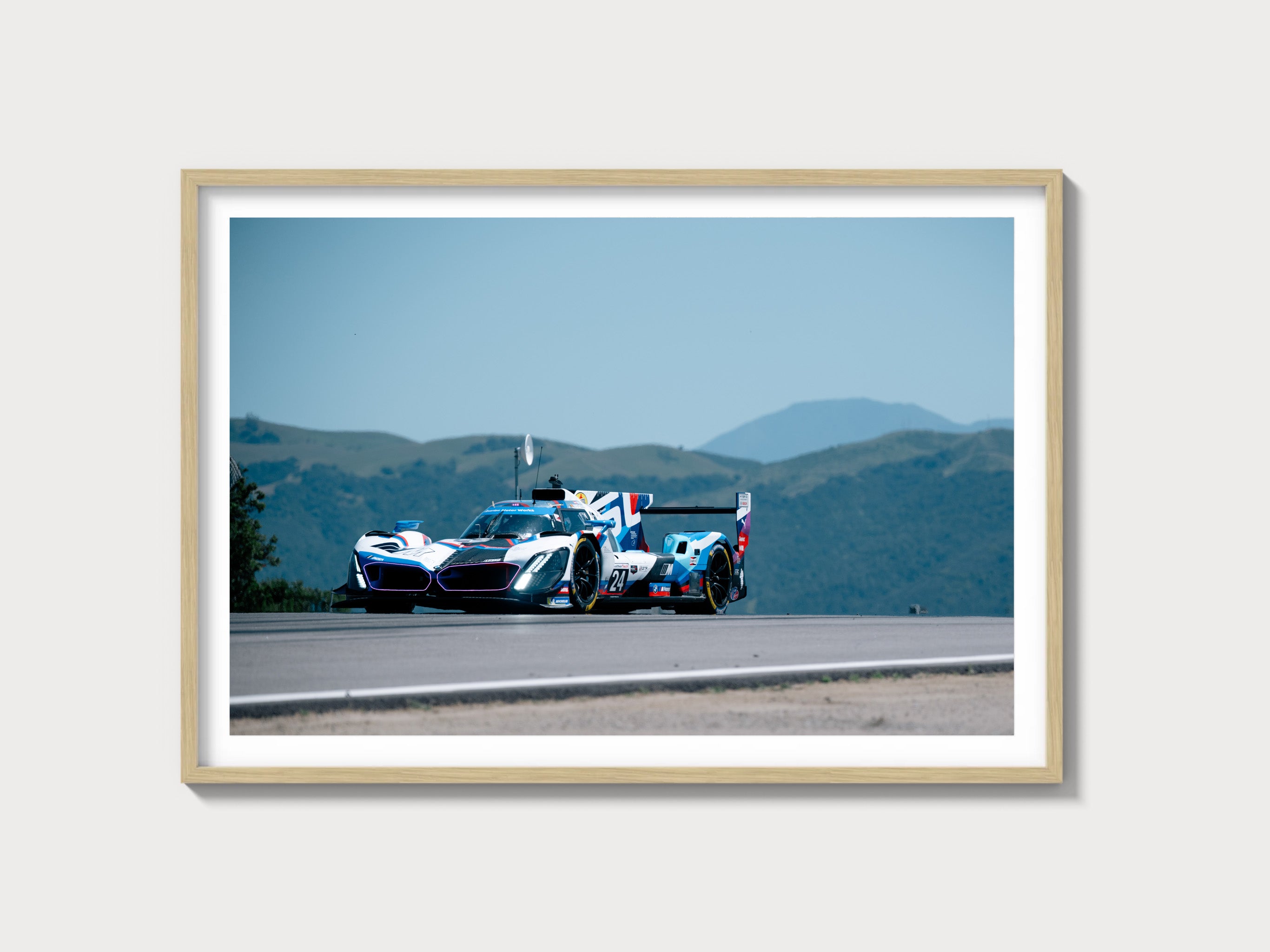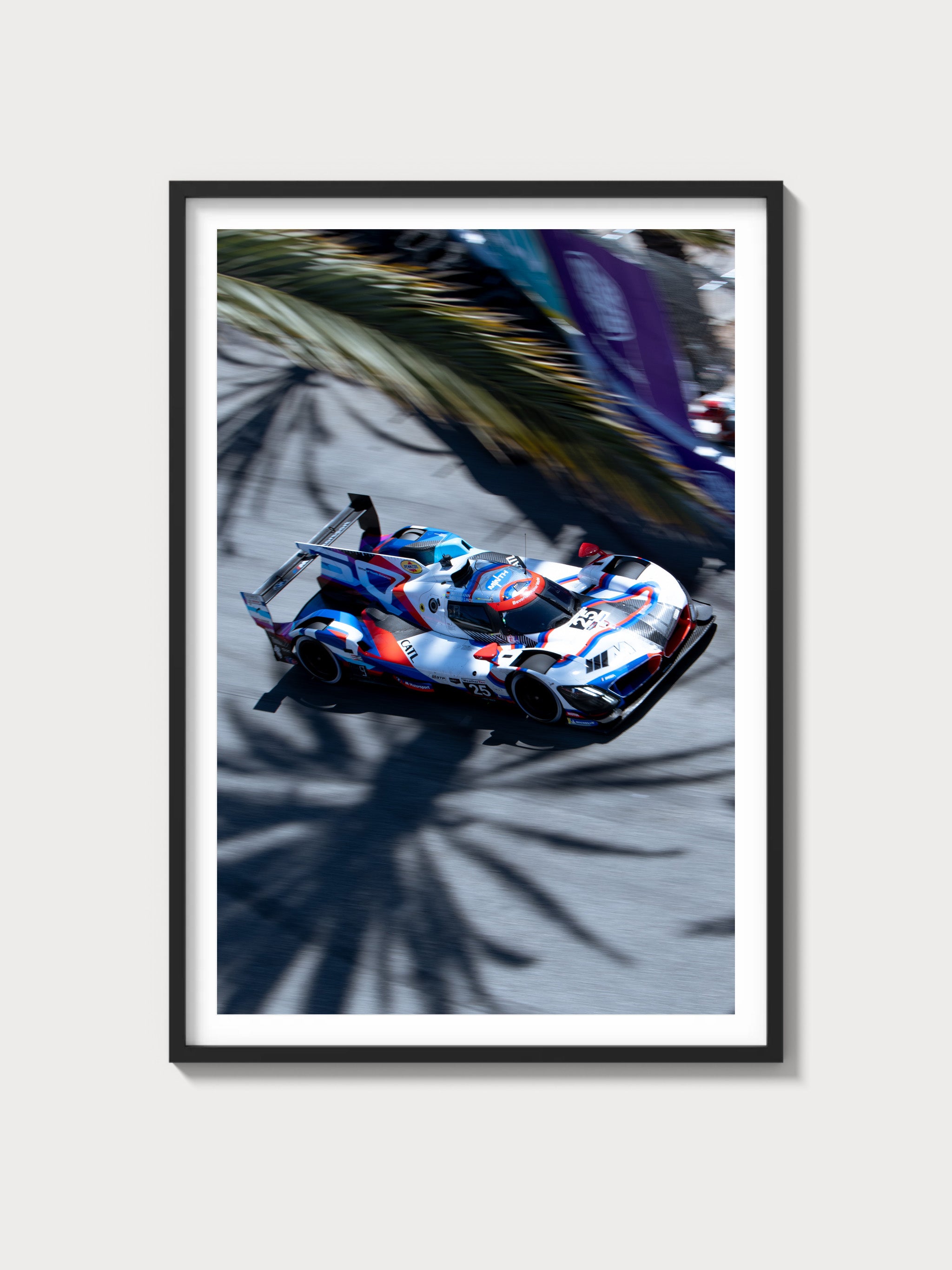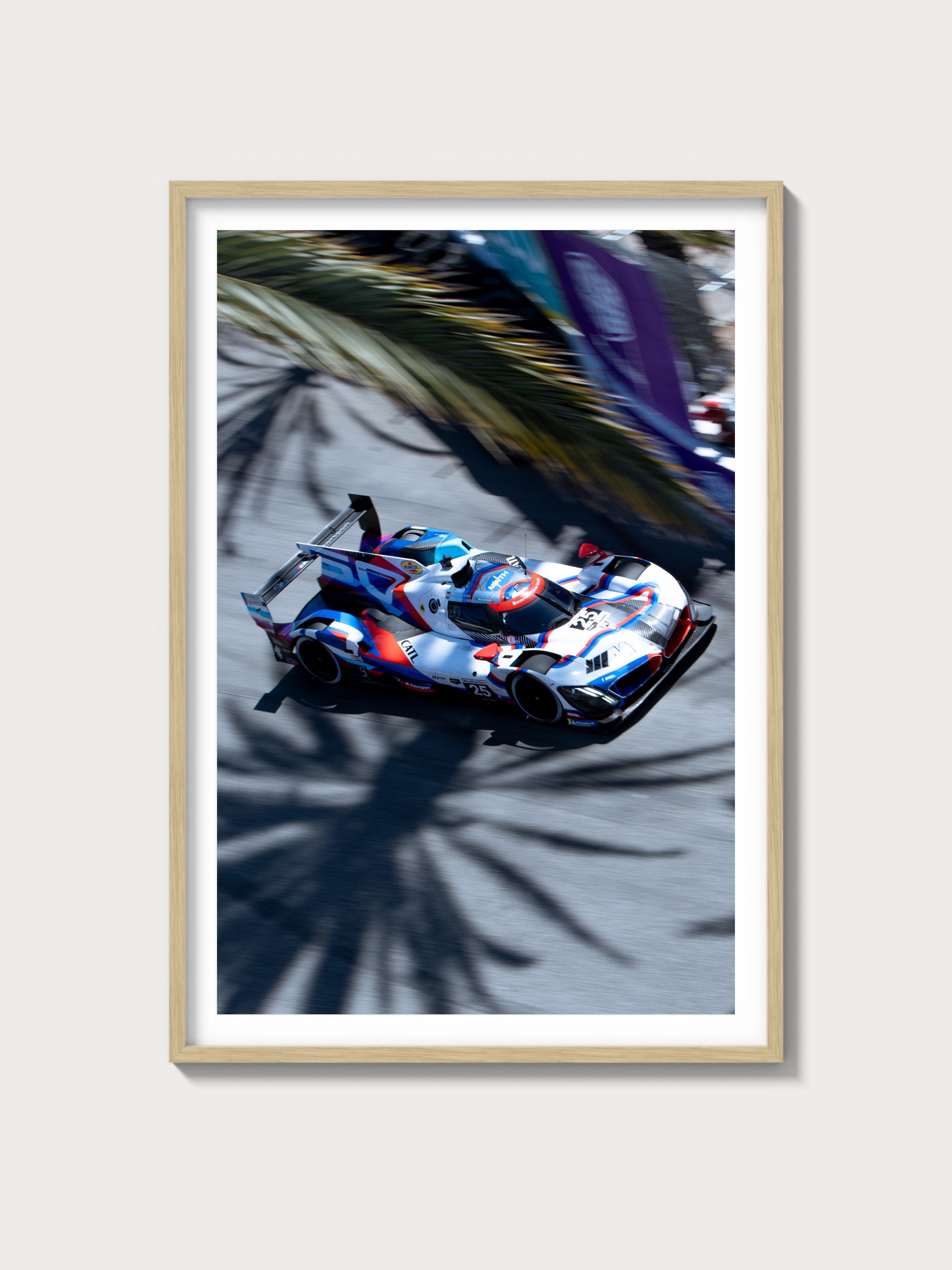Ferrari GTC4Lusso: The Definitive History, Specs, and Legacy
Introduction: Ferrari’s Refined AWD Shooting Brake
In the illustrious lineage of Ferrari’s road cars, the GTC4Lusso, introduced in 2016, stands as a refined masterpiece—a front-engine, all-wheel-drive grand tourer with a 6.3-liter V12, evolving the shooting brake concept. Crafted by Ferrari’s Centro Stile, this model saw approximately 2,100 units produced, succeeding the FF. The name combined “GTC” (Gran Turismo Coupé) and “Lusso” (luxury), blending enhanced performance, all-weather versatility, and opulent design, solidifying Ferrari’s grand touring heritage.
The year 2016 was a vibrant period for Ferrari, its racing triumphs—488 GTB, LaFerrari—complementing road car innovation under Sergio Marchionne’s leadership. Unveiled at the 2016 Geneva Motor Show, the GTC4Lusso captivated with its sleek redesign and upgraded V12. This exhaustive history, penned with a Ferrari historian’s precision, explores its technical brilliance, its iconic styling, its subtle racing ties, and its enduring legacy.
Historical Context: Ferrari’s AWD GT Evolution
The Ferrari GTC4Lusso emerged during a golden era for Maranello. By 2016, Ferrari’s racing pedigree—458 Italia’s track success, LaFerrari’s hybrid supremacy—had solidified its stature, yet the company sought to refine its all-wheel-drive GT beyond the FF’s 2,291-unit run (2011-2016). The FF had pioneered AWD and the shooting brake layout, but Ferrari aimed for a more powerful, luxurious successor. The GTC4Lusso, with its upgraded 6.3L V12, rear-wheel steering, and enhanced interior, answered, targeting affluent buyers and all-season adventurers while rivaling the Porsche Panamera Turbo S and Bentley Continental GT Speed.
A total of ~2,100 units were built (2016-2020)—all AWD shooting brakes, with a GTC4Lusso T (V8 turbo) variant added in 2017—reflecting niche demand. Chassis 240987, the prototype, debuted at Geneva in March 2016, its elegant form signaling refinement. This was a car for a cosmopolitan elite—European alpine explorers, American luxury travelers—its production balancing exclusivity with Ferrari’s prestige amid the mid-2010s luxury GT market.
The broader context of 2016 shaped its purpose. The luxury GT segment thrived—Maserati Quattroporte GTS, Audi RS7—while buyers sought performance with practicality. The GTC4Lusso bridged Ferrari’s racing heritage, rooted in the 612 Scaglietti, with a modern AWD grand tourer.
Technical Specifications: The V12’s Enhanced Might
The Ferrari GTC4Lusso’s heart was its 6.3-liter V12—a refined powerplant designed for power and versatility. Below, we dissect its engineering with historian’s detail.
Engine: The 6.3-Liter F140 V12
Displacing 6,262 cc (bore 94 mm, stroke 75.2 mm), the GTC4Lusso’s V12 was a front-mounted, all-aluminum unit with a 65-degree V-angle, featuring four valves per cylinder (double overhead camshafts per bank), a 13.5:1 compression ratio, and direct fuel injection. It produced 690 horsepower at 8,000 rpm—a 30 hp gain over the FF’s 660 hp. Weighing 360 lbs, it delivered 514 lb-ft of torque at 5,750 rpm, slightly more than the FF’s 504 lb-ft.
This engine was a GT marvel. Chassis 243876, a 2017 model, showcased its smooth, potent power, balancing supercar intensity with all-weather refinement.
Performance: AWD GT Supremacy
The GTC4Lusso reached 208 mph (335 km/h)—verified by Autocar’s 2017 test—matching the FF’s 208 mph, with a 0-60 mph time of ~3.4 seconds, a 0.3-second improvement. Its power-to-weight ratio (385 hp/ton) surpassed the FF (351 hp/ton), offering a dynamic yet versatile GT experience.
Chassis and Suspension: AWD Precision
The chassis was an aluminum spaceframe, weighing 1,790 kg (3,946 lbs)—90 kg lighter than the FF due to optimized design and materials. Its 2,990 mm wheelbase matched the FF, with fully independent suspension—double wishbones front, multilink rear, with coil springs and magnetorheological dampers—delivering a plush, controlled ride across conditions, enhanced by rear-wheel steering (4WS).
Transmission and Brakes: Dynamic Control
A 7-speed dual-clutch transmission—rear-mounted, transaxle design—drove all four wheels via Ferrari’s 4RM-S system, its ratios (1st: 2.93, 7th: 0.76) favoring versatility, with paddle-shift operation (50-ms shifts). Braking relied on 15-inch carbon-ceramic disc brakes with ABS, delivering 1.1g deceleration—robust for its weight.
| Specification | Details |
|---|---|
| Engine | 6.3L V12, 690 hp @ 8,000 rpm |
| Displacement | 6,262 cc (94 mm x 75.2 mm) |
| Top Speed | ~208 mph (335 km/h) |
| 0-60 mph | ~3.4 seconds |
| Weight | 1,790 kg (3,946 lbs) |
| Transmission | 7-speed dual-clutch, 4RM-S AWD |
| Suspension (Front) | Double wishbone, coil springs, magnetorheological dampers |
| Suspension (Rear) | Multilink, coil springs, magnetorheological dampers, 4WS |
| Brakes | Carbon-ceramic discs, 15-inch, ABS |
Design and Styling: Ferrari’s Elegant Shooting Brake
The Ferrari GTC4Lusso’s aesthetic was a Ferrari Centro Stile triumph, refining the FF’s shooting brake elegance.
Exterior: Sleek GT Proportions
Ferrari’s Centro Stile built all ~2,100 units—chassis 240987 featured a smoother hood, sharper grille, and wraparound taillights, finished in Blu Pozzi. Its 2,990 mm wheelbase and aluminum body offered a sleek, spacious profile, with aerodynamic vents enhancing its modern GT appeal.
Interior: Opulent GT Cabin
The cabin was a luxurious haven: leather seats for four (tan or black), a dual-cockpit dash with a 10.25-inch touchscreen, and Veglia gauges—tachometer (9,000 rpm redline), speedometer, oil pressure. Chassis 243876’s interior, with upgrades over the FF, offered opulence contrasting the 488 GTB’s sportiness.
Production and Variants: A Refined GT Legacy
The Ferrari GTC4Lusso’s ~2,100-unit run (2016-2020) included the V12 model and GTC4Lusso T (V8 turbo, 2017), with no major racing variants. Chassis 240987 launched the series, while 256789 closed it, transitioning to the Purosangue. Its focus remained all-weather road luxury.
Performance and Racing Legacy: A Tourer’s Quiet Power
The Ferrari GTC4Lusso racing history was negligible, its grand touring mission dominant. Chassis 242543, tuned to 700 hp, ran private track events, but no official races ensued. Its true realm was versatile touring—Autostrada, mountain passes—where its 208 mph top speed and AWD grip excelled.
Ownership and Market Value: A Luxurious Classic
The Ferrari GTC4Lusso value reflects its rarity and luxury. Early owners included European elites and U.S. all-season buyers. Today, prices range $200,000-$250,000—chassis 240987 sold for $225,000 at RM Sotheby’s 2023. Restoration costs—V12 rebuilds at $150,000—highlight its elite appeal.
Cultural Impact: Ferrari’s AWD GT Apex
The GTC4Lusso refined Ferrari’s AWD GT lineage, its V12 and rear-wheel steering influencing the Purosangue. In 2010s lore, it’s the car of all-weather luxury and performance, an apex of Ferrari’s grand touring heritage.
Comparisons: Ferrari GTC4Lusso vs Rivals
The Ferrari GTC4Lusso vs Porsche Panamera Turbo S pits 690 hp V12 against 630 hp V8 turbo—Ferrari led in prestige, Porsche in agility. The Bentley Continental GT Speed (633 hp) matched in luxury but trailed in dynamics.
| Model | Engine | Power | Weight | Top Speed |
|---|---|---|---|---|
| Ferrari GTC4Lusso | 6.3L V12 | 690 hp | 1,790 kg | ~208 mph |
| Porsche Panamera Turbo S | 4.0L V8 Turbo | 630 hp | 1,995 kg | ~196 mph |
| Bentley Continental GT Speed | 6.0L W12 Turbo | 633 hp | 2,320 kg | ~206 mph |
Frequently Asked Questions
What was the Ferrari GTC4Lusso?
A 2016 6.3L V12 front-engine AWD shooting brake.
How many were made?
~2,100 units.
What engine powered it?
6,262 cc V12, 690 hp.
Did it race?
Rarely—built for touring.
What’s its value?
$200,000-$250,000.


